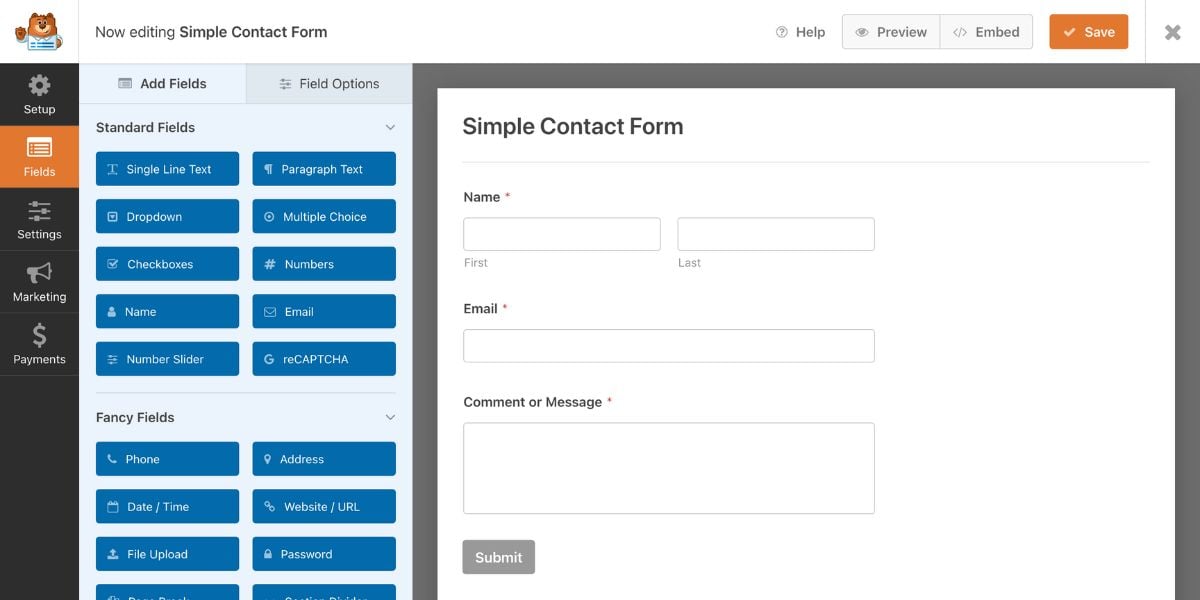
In healthcare, organizations turn to customer relationship management (CRM) systems for various functions. These functions must be paired with HIPAA compliance as a legal requirement and a commitment to protecting the sensitive data of individuals seeking medical care.
Why do CRMs need to be HIPAA compliant?
In “What makes for CRM system success — Or failure?” is defined as, “A CRM system is a technology-based business management tool for developing and leveraging customer knowledge to nurture, maintain, and strengthen profitable relationships with customers.”
Healthcare CRMs often deal with patient data and protected health information (PHI), including personal medical records, treatment histories, and other confidential information. The necessity for HIPAA compliance in CRMs within healthcare stems from the legal obligations imposed by HIPAA regulations and the need to protect patient privacy. The alternative is the potential breach or mishandling of patient data can lead to risks, including identity theft, fraud, and compromised patient trust.
See also: What is CRM?
How can CRM messages be made HIPAA Compliant?
By integrating HIPAA compliant email services such as Paubox with a CRM system, healthcare organizations can ensure that any email communication within the CRM complies with HIPAA. These email service providers provide email encryption technology, ensuring that all outgoing emails containing sensitive patient information or PHI are securely encrypted during transmission.
This encryption is necessary to protect the confidentiality and integrity of patient data. This extra layer of security helps prevent unauthorized access to patient data. It reduces the risk of data breaches, ensuring that CRM systems can effectively manage patient information while maintaining HIPAA compliance.
See also: Can Salesforce CRM be HIPAA compliant?
What are the risks of non-compliance?
Non-compliance with HIPAA regulations in the healthcare industry carries a range of risks and consequences:
Legal penalties and fines
One of the most immediate and severe consequences of non-compliance with HIPAA is the potential for substantial fines and legal penalties. The US Department of Health and Human Services (HHS) can impose fines that vary depending on the severity of the violation, ranging from thousands to millions of dollars.
Civil and criminal liability
Non-compliance can lead to civil and criminal liability for individuals and organizations. Individuals within the healthcare organization who knowingly or negligently violate HIPAA regulations may face legal consequences, including fines and imprisonment. Organizations themselves may also be subject to civil and criminal charges.
Damage to reputation
Non-compliance can damage a healthcare organization's reputation. Patients trust healthcare providers to protect their sensitive information, and a breach of that trust can result in negative publicity and the loss of patients.
Legal action from affected parties
Patients whose data is compromised due to non-compliance may take legal action against the healthcare organization. This can result in costly lawsuits, settlements, and additional damage to the organization's reputation.
Operational Disruption
Healthcare organizations may experience operational disruption in a security breach or non-compliance. This disruption can include investigations, audits, legal proceedings, and the need to allocate substantial resources to rectify the situation. It can impact patient care and overall organizational efficiency.
Loss of Trust
Trust is a fundamental component of the patient-provider relationship. Non-compliance can erode patient trust, leading patients to seek care elsewhere. This loss of trust can have long-lasting effects on the organization's patient base and financial stability.
FAQs
What is HIPAA?
The Health Insurance Portability and Accountability Act is a U.S. law designed to protect patient health information and ensure privacy and security in healthcare settings.
What is PHI?
Protected health information refers to any information in a medical record that can be used to identify an individual and that was created, used, or disclosed in the course of providing a healthcare service, such as diagnosis or treatment.
What is HIPAA compliance?
HIPAA compliance involves complying with standards set to protect the privacy and security of PHI.
Subscribe to Paubox Weekly
Every Friday we bring you the most important news from Paubox. Our aim is to make you smarter, faster.




